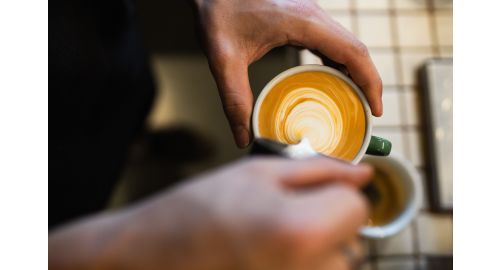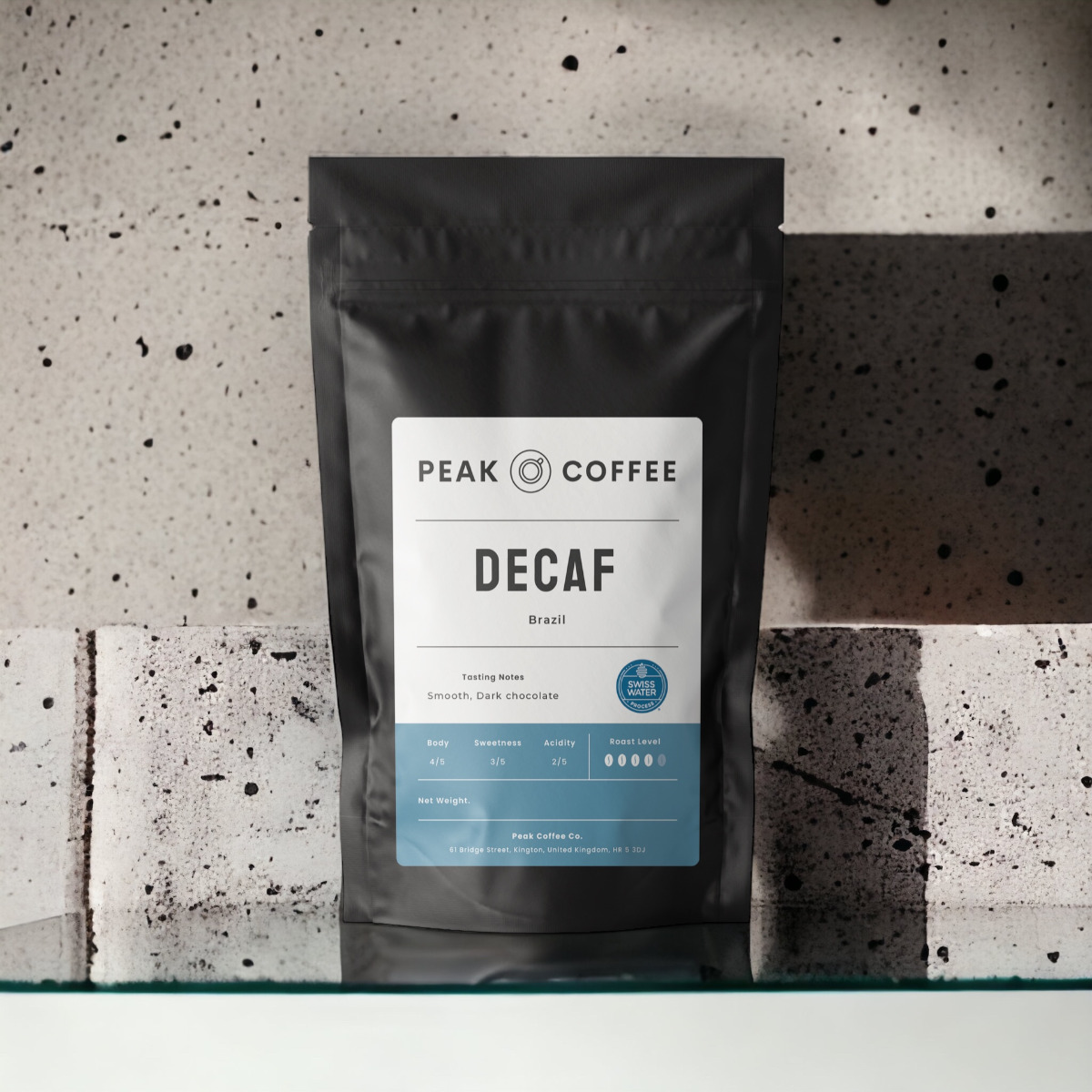If you're a die-hard coffee lover, the thought of switching to decaf can seem quite daunting. After all, why would you drink something with less flavour and fewer energizing benefits? But here's the thing - decaf coffees aren't just for those who want an afternoon cup without the jitters! Many people make the switch to decaf for health reasons or because they simply enjoy the taste. So if you're considering replacing your regular morning brew with a delicious caffeine-free option, then this blog post is definitely for you! We'll clear up some common misconceptions about decaf beans and provide tips on how to find great quality coffee that suits your tastes. Let's get started...
What is Decaf Coffee and how does it differ from regular coffee beans
Decaf coffee is a special type of coffee bean that has had the caffeine, or stimulant, removed from it. Most coffee beans naturally contain high levels of caffeine, but with decaf, about 97-98 per cent of the caffeine has been taken out in a complex brewing process. This process can vary, but typically either involves steam or a chemical solvent. Decaffeinated coffee still has a very recognizable flavour and mouthfeel, since other compounds found in the bean are retained during the decaffeination process. It’s not unheard of to find aficionados who prefer decaf over regular coffee!
Benefits of Switching to Decaf, from health benefits to taste preference
Decaf coffee has often been seen as a lesser option than regular coffee, but that just isn't true anymore. Switching over to decaf can offer real benefits, both in terms of health and taste preference. Let's start with the obvious: decaf contains much less caffeine than regular coffee, making it the perfect choice for anyone looking to cut back on their caffeine intake. What you may not know is that decaffeinated coffee still has some of the same components as regular coffee, such as minerals, antioxidants and other compounds that are good for your body! Not only is it better for you, people also report enjoying its flavour more since the caffeine doesn't overpower it. So if you're looking for fewer health concerns and a potentially tastier cup of coffee - then you should definitely consider decaf!
Different types of Decaf Beans, such as Swiss Water Process or Natural Decaffeination
Decaf coffee lovers have a wide array of beans to choose from when looking for the best brew that won’t keep them up all night. Two of the most popular types of decaf beans are Swiss Water Process and Natural Decaffeination, which both have different methods for their caffeine-free taste. The Swiss Water Process uses hot water to bathe the green coffee beans, causing the caffeinated molecules to break away so they can be discarded later. Natural Decaffeination, on the other hand, uses chemically extracted methods to draw out caffeine. Whichever process is used, coffee connoisseurs are sure to appreciate not having to sacrifice any of their beloved flavours by drinking decaf coffee!
How to Prepare the Perfect Cup of Decaf Coffee
Decaf coffee may not have the same kick as regular coffee, but that doesn’t mean you have to settle for a dull cup of joe. If you want to prepare the perfect cup of decaf coffee, there are a few simple steps you need to follow. Start by using freshly roasted beans – decaffeinated coffee can still spoil if it’s too old. You should also pay attention to which kind of roast you purchase, as different roasts will produce different flavours in your coffee. Once you’ve selected the right beans, it’s important to properly prep them for brewing. Grind the beans finely and put enough grounds into a filter for one full mug of coffee. Use an appropriate temperature water (around 200 degrees) and let your coffee steep for around four minutes before pouring into your favourite mug. With such simple guidelines and speciality coffees available in most stores nowadays, you’ll be able to indulge in a café-quality cup of decaf from the comfort of home!
Storing and Preserving Your Coffee Beans for Maximum Flavor
With so many delicious varieties of coffee beans to choose from, it's no wonder that more and more people are taking their daily coffee ritual very seriously. While grinding your beans prior to brewing is essential for getting the most flavour out of your cup, just as important is making sure you store and preserve them correctly. The key to keeping your beans fresher for longer is proper storage at room temperature, away from excess heat or moisture, in an airtight container such as a resealable jar or bag. Additionally, if your kitchen has strong odours like garlic or fish oil, you should avoid storing your beans there - because they easily absorb any scent they come into contact with. So whether you're aiming for a rich espresso blend or a light summertime single origin, make sure you treat those tasty beans with the care they deserve!
In the end, decaf coffee can be a great option for those looking to reduce their caffeine intake but still wanting to enjoy that delicious cup of joe. There are plenty of flavours and varieties of decaf beans to choose from, and if stored correctly, you can reap all the benefits of this one-of-a-kind beverage. Whether you’re a light drinker or an experienced barista, by following the simple guidelines we discussed today it is easy to prepare a perfect cup of decaf that is sure to tantalize your palate. Taking enough time to find the ideal type of bean and brewing technique for yourself will only increase your enjoyment after all! Until next time – happy drinking!








